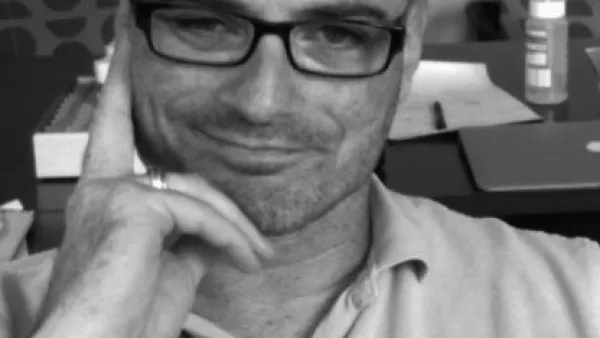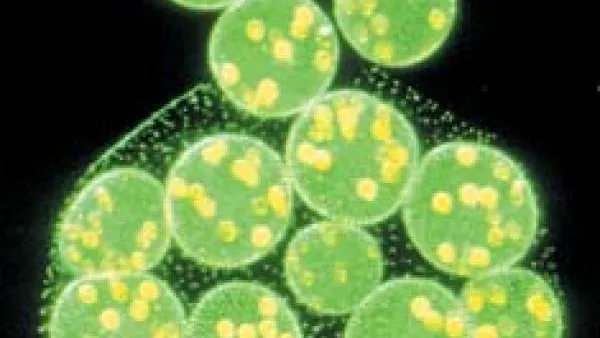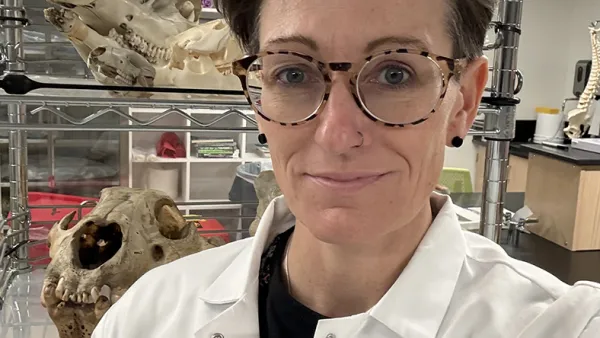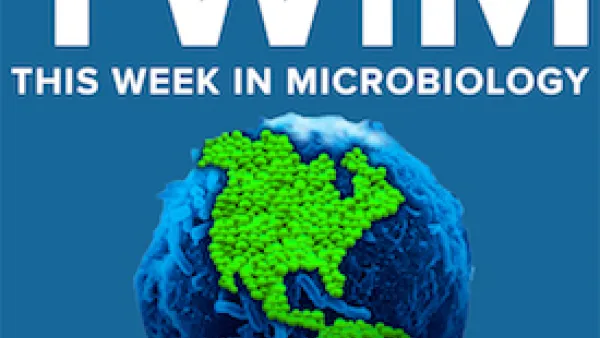It’s okay to fail. It’s okay to not know what you are doing. Be open to new opportunities. Throw yourself 100% into the things that excite you.

“I resonate with people who are put into situations that are new to them, whether it's a new country, culture, language, or even if you come from a background where you're not sure what university is like. I understand how hard it can be to feel like you belong, and also how important it is to have a support system, especially in a new environment,” Dr. Wang said.
She was an excellent elementary and high school student, but stumbled in college at MIT because she wasn’t ready and didn’t have a support network in her new and unfamiliar environment. A smaller, hands-on lab course finally turned things around. The freedom and flexibility to learn by designing and carrying out experiments ignited her passion for science.
“As a student who always did very well up until college, I was too prideful to take advantage of office hours and other school resources that were available to me. Everything that I was having a hard time understanding in lecture in the huge classroom, with the professor a mile away at the bottom of the room, became exciting once I was in a smaller lab course and had my own science problem to think about. I was also lucky to be an undergrad researcher in a wonderful lab for about a year. Even though most of my experiments failed, I discovered that I really loved the lab environment and the scientific process,” Dr. Wang said.
After college, she decided she needed more research experience, so she spent a couple of years working as a research assistant in a lab at Harvard Medical School. Her mentor, Dr. Sean Whelan (now at WashU Medical School) helped her along the path to real scientific thinking. This work experience played a big role in her decision to go to graduate school at Johns Hopkins Medical School in Dr. Geraldine Seydoux’s lab. After completing her PhD, she pursued postdoctoral research in Dr. Tim Stearns’ lab at Stanford. During graduate school and her time as a postdoc, she again found mentors that nurtured her enthusiasm for science.

Top right: Expansion microscopy image of a mitotic mammalian cell. Blue: DNA. Green: microtubules. Red: centrioles
Bottom left: Expansion microscopy image of migrating centrioles within the olfactory epithelium, stained for acetylated tubulin. Side view.
Bottom right: Expansion microscopy image of the olfactory epithelium apical surface., stained for acetylated tubulin. En face.
In grad school, Dr. Wang was fascinated by the way C. elegans worms divided on the microscope, under her very eyes, the exact same way, every single time. She found that she really enjoyed thinking about how cells are organized, and went on to do her postdoc studying the major microtubule organizing center of mammalian cells, the centrosome. The centrosome is found in almost every cell type in human bodies, and defects in its structure or function are related to a wide range of human diseases, including many cancers. Understanding basic cell biological questions about how centrosomes form in human cell lines can lead to understanding some of the things that go wrong in disease. The lab uses high-resolution microscopy, CRISPR/Cas9 gene editing, cell biological and biochemical techniques to study these processes. They are especially excited about mastering a new technique called expansion microscopy, in which one can resolve cellular macromolecules beyond the diffraction limit of light by physically expanding the specimen of interest and “making it bigger”.
“When you're engaged in science, there's a little kid joy of figuring out something that's new or that you didn't expect. I tell people in my lab to hold on to that joy as long as possible. Something that amazes you and connects with you emotionally will direct you toward an area of interest and drive your passion for the work. It can help buffer against challenges and renew your excitement,” Dr. Wang said.
She teaches Bio 334 Cell Biology, where students learn about eukaryotic cell structure and function. Lectures cover such topics as membrane transport, endocytosis, secretion, signal transduction, the cytoskeleton, cell cycle, and the cellular basis of disease. There is also a focus on experimental techniques to help students understand “how we know what we know.” She says she is lucky to have inherited this smooth long-running course from Dr. Ram Dixit, Biology Chair, and enjoys the challenge of helping students learn complicated topics.
“I really want to give students literacy in cell biology. We saw how important cell and molecular biology were during the Covid-19 pandemic, how they impact our every day lives. I want students to be able to read a newspaper article, or have a chat with their doctor, and have the vocabulary and basic understanding about how things work, and the techniques that someone might have used to make a discovery. Now that I'm teaching, I understand how hard it can be when you have a class of over 100 students to try to give each person that individual attention. I want to make sure to give students the opportunity to do well and give them the resources they need. I recognize that there are different learning styles. It’s challenging to give fair and equitable treatment to everyone. I try to make sure that I'm available after class to answer questions, and I'm there for them during office hours.
“In teaching and in life, I’ve found that my failures have actually been really helpful. I can give better advice to students about how to succeed in class by doing all the things I only started doing later on during my college career: going to class, asking questions, attending office hours, finding a support network. I like to think that my failures help me think about ways to explain concepts. In the moment, failure can seem insurmountable, like one is never going to get past it. But really it’s just a part of the adventure,” Dr. Wang explained.
In her free time, she enjoys spending time with her family, chasing after their very active toddler in playgrounds and other attractions around St. Louis. To learn more about Dr. Wang and her lab’s research, visit: https://sites.wustl.edu/centrosome/.



